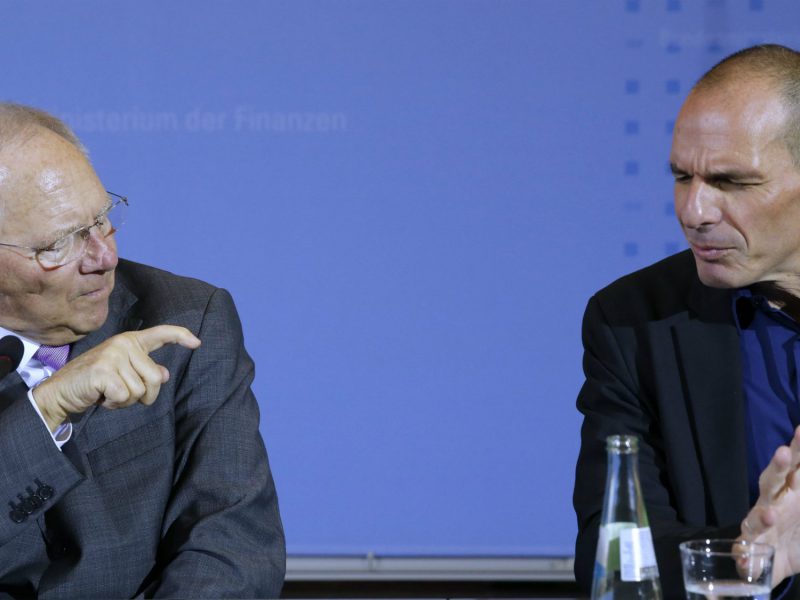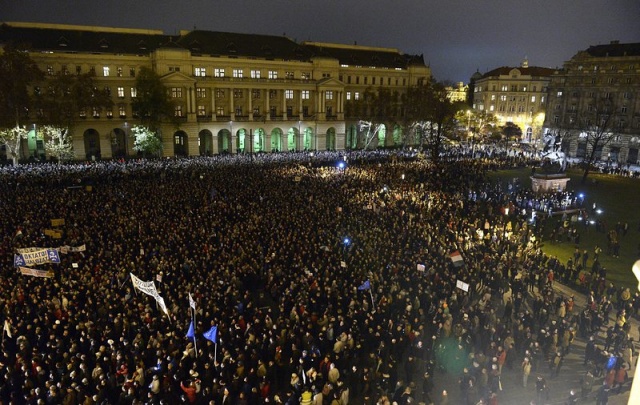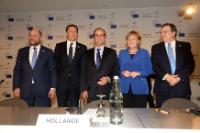Greek “charm offensive” ends in collision with Germany
After a week of non-stop meetings by the Greek Prime Minister and his Finance Minister, Messrs Tsipras and Varoufakis, an apparent rift exists between Greece and Germany. With the ECB’s action to cut off the Greek banks from the ESM and instead use the ELA mechanism for liquidity, and Jeroen Dijselbloem’s outright rejection of a ‘bridge loan’, the situation is now at a standstill. While Greece sees the first demonstrations in support of its government, the current bailout programme ends on 28 February and Grexit re-enters the public discourse.





